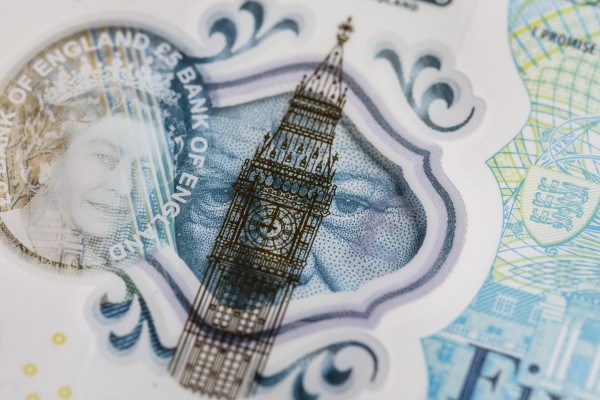

Record highs from the FTSE 100 have prompted investment advisers to ponder how much further the stock market could go.
The recent fall in the value of the pound, coupled with a strong dividend yield and recent underperformance have helped the index of late.
The FTSE 100 closed at a record high on Friday (18 May) and looks set to do the same today, with some experts commenting that it could pass 8,000 this year.
Richard Stone, chief executive of The Share Centre, said the market is “ever closer to that landmark level”
He said: "The key drivers for this recent rally in share prices have been continued global economic growth and accommodative monetary policy.
"This has been helped in the UK by the fact that weak growth in the first quarter of 2018, largely believed to be a result of particularly bad weather rather than anything more fundamental, has delayed the next rise in interest rates. Sterling has fallen as a result and overseas earnings have become worth more in Sterling terms."
Russ Mould, investment director at AJ Bell, said the FTSE had been helped by a 4 per cent dividend yield, making the market look attractive.
He said: "All eyes now will be on whether the FTSE 100 can break through the 8,000 barrier.
"Admittedly 8,000 does not leave a lot of capital upside for the rest of the year. But if it gets there and stays there that would be a 4 per cent capital gain for the year with a 4 per cent-plus dividend yield on top – still miles better than cash or bond yields, and nicely ahead of inflation."
However, Patrick Connolly, head of communications at Chase de Vere, warned investors “mustn’t be complacent”.
He said: “With markets riding high, a change in investor sentiment, at any time, could lead to some significant short-term falls."
Will Hobbs, head of investment strategy at Barclays, also warned there were some factors that made other stock markets more attractive at this level.
He said: "In a world where the cyclical prospects remain bright, outside of its commodities exposure, the FTSE leaves you with relatively less skin in the cyclical game than other stock markets.
"In such a context, the FTSE should be relatively weighed down by its heavy exposure to the more defensive sectors such as consumer staples, utilities and pharmaceuticals.
"Meanwhile, its banking sector lacks the recovery appeal of its more persistently troubled continental European peer group.
"These same properties grant the index some diversification appeal and therefore a place in portfolios, however in spite of a relatively appealing valuation and an already disenchanted investor community, we see greater short term upside in the stock markets of US, Continental Europe and Emerging Asia.”
Meanwhile Justin Urquhart Stewart, co-founder of 7IM, urged investors to reinvest their dividends and take comfort in the power of compounding.
He said: "As dizzying as the FTSE 100 might currently seem, it is only 12 per cent above the high that we saw at the beginning of 2000.
"I say 'only', because if you had reinvested dividends, you would actually be 114 per cent up between the start of 2000 and now. It is time, and compounding, that is investors’ real friend."
rosie.murray-west@ft.com



